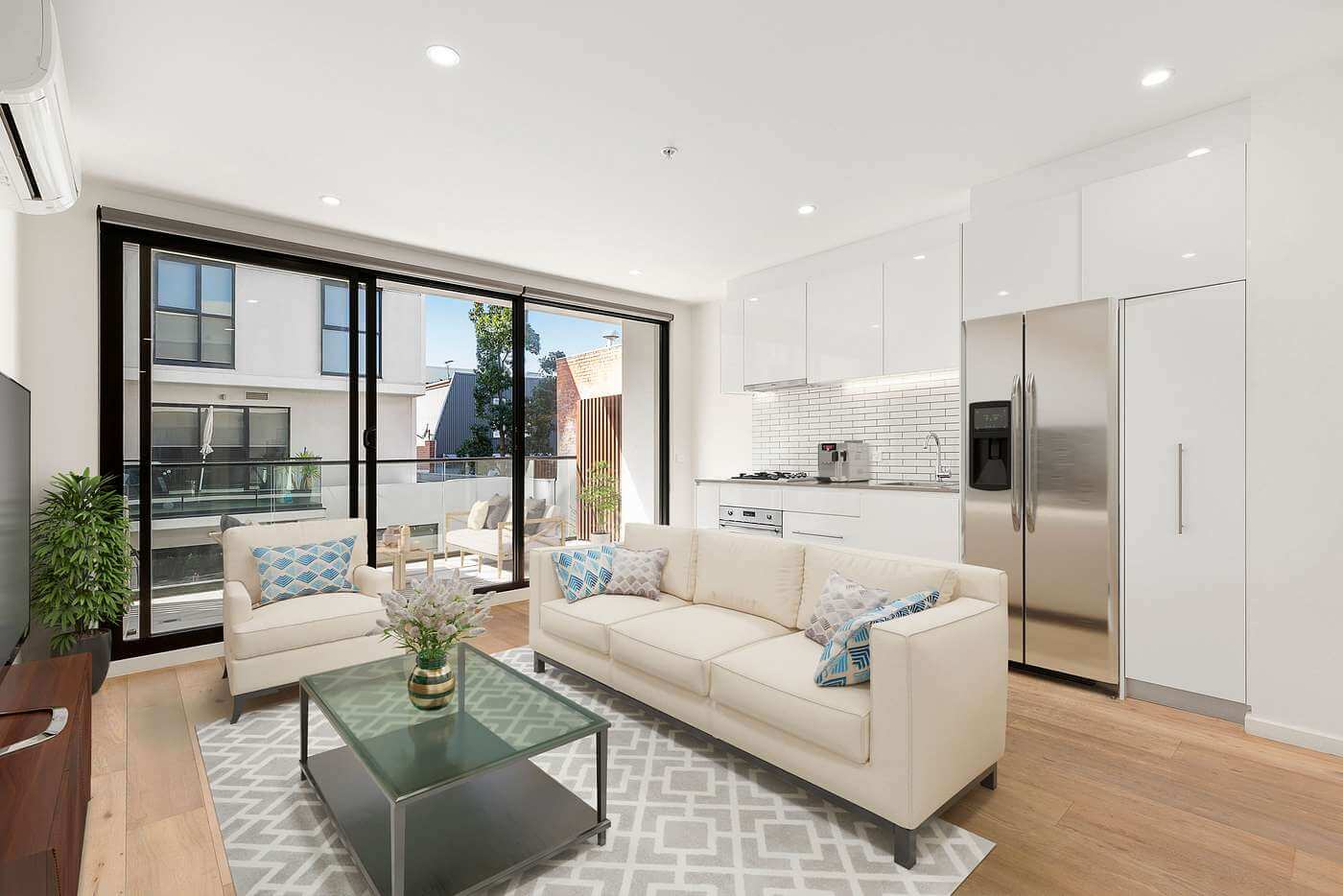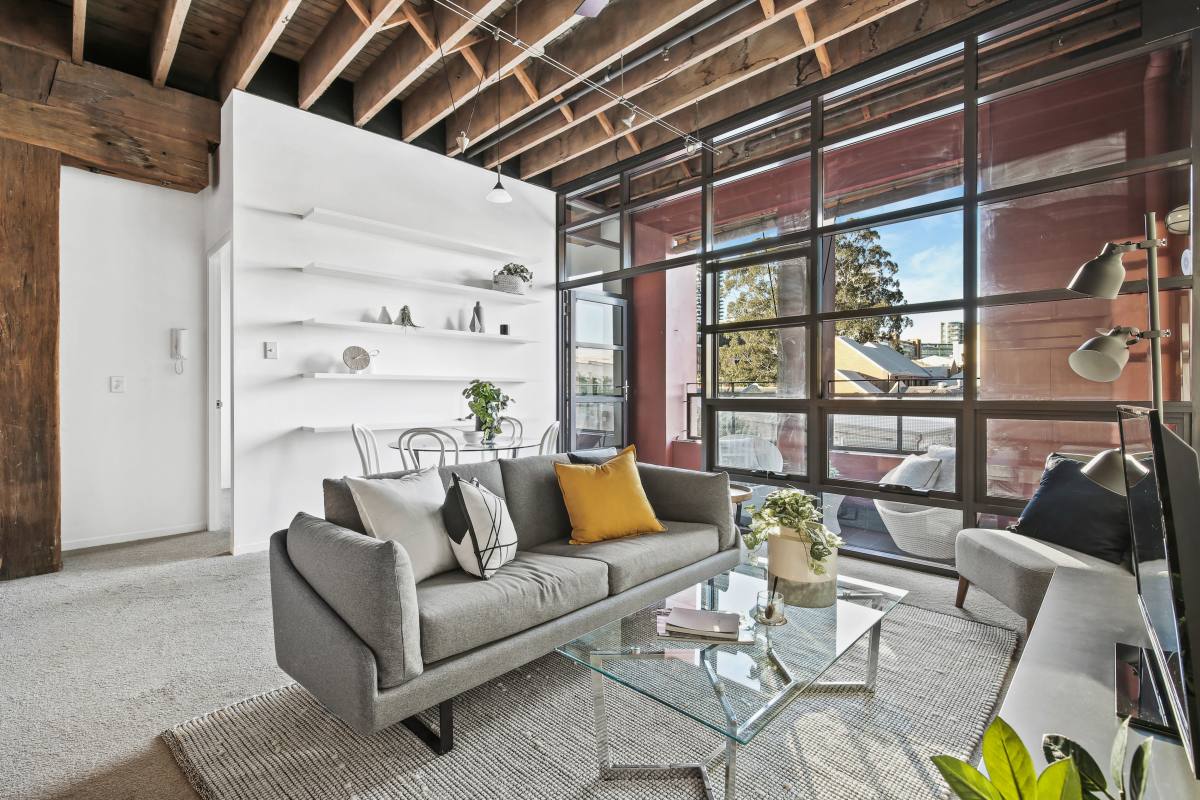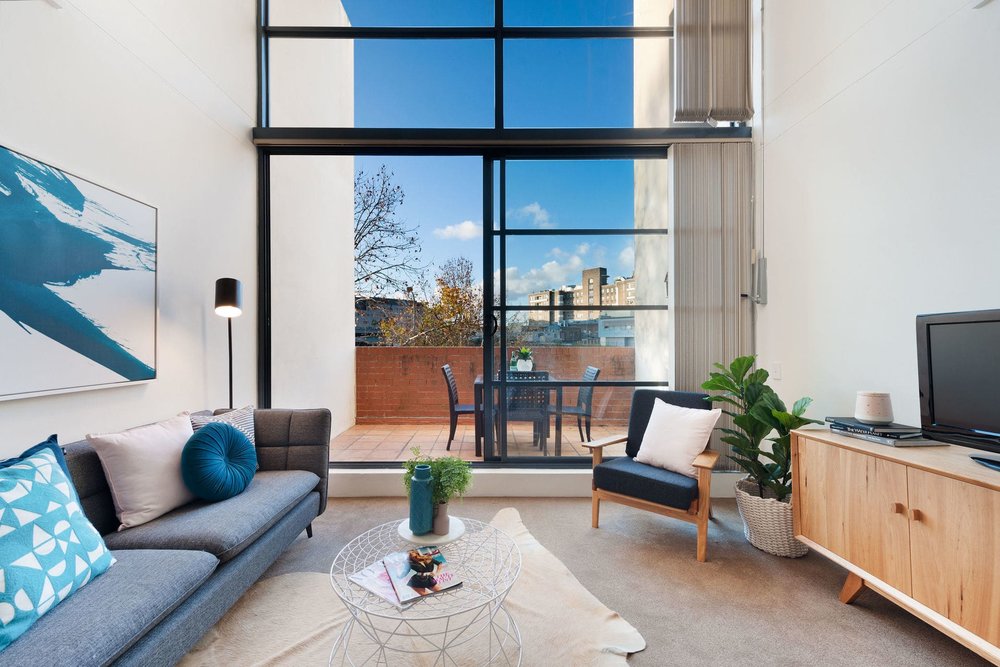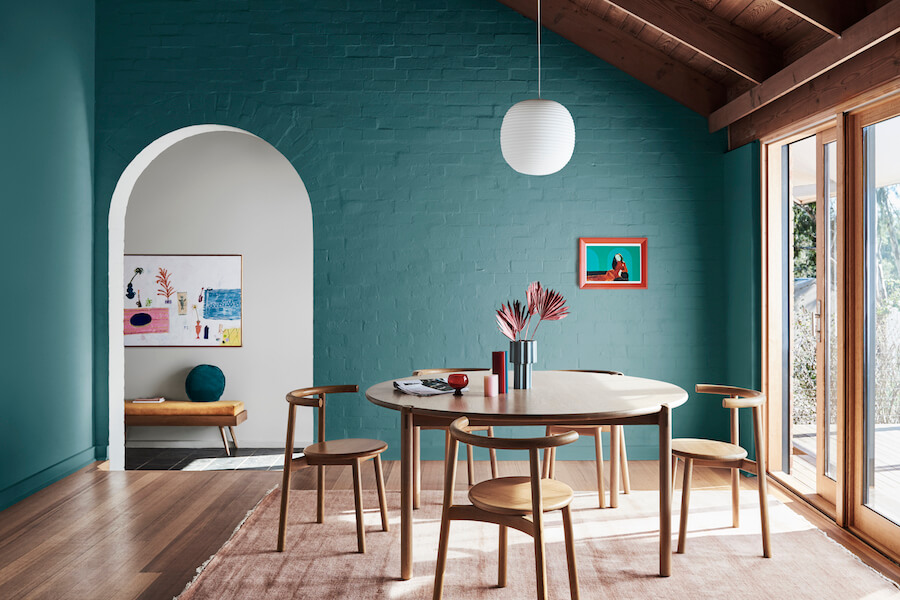If you’re planning on downsizing, buying your first home or simply moving somewhere new, then compact apartment living may be an option worth considering.
According to the ABS 11 per cent of Australians reside in flats, units or apartments, and with apartment building approvals surging around the country, rates of apartment living are only set to rise in the future.
We’ve weighed up the pros and cons to help inform your decision as to whether apartment living could work for you.
 For sale: 4/91 Moray Street, New Farm, QLD
For sale: 4/91 Moray Street, New Farm, QLD
Pros
Location- With an apartment, you can rent or buy in a great suburb with easy access to the city, public transport, shops, restaurants, bars, parks and other amenities, whereas buying or renting a house in the same area would be unaffordable.
Cost- While house prices are skyrocketing across highly sought after inner-city suburbs, apartments are still a relatively affordable option for first home buyers to get into the market. For example, the average house in the trendy inner-city Melbourne of Richmond costs $1,182,000 whereas the average apartment costs $550,000 (YIPMag). If you buy a new ‘off the plan’ apartment you may be eligible for stamp duty concessions, so there’s the potential for more savings there.
 For sale: 6/1 Barnet Way, Richmond, VIC
For sale: 6/1 Barnet Way, Richmond, VIC
Lifestyle- Trading a backyard for a balcony suits the low maintenance lifestyle many singles, professionals, retirees and even growing families desire in their homes. Think of the time you’ll save from not having to mow the lawn, take the bins out, rake leaves, water and weed the garden. Also, many modern high rise apartment buildings offer communal facilities you often don’t have easy access to from a standalone house in the burbs, like a gym, swimming pool and spa, tennis court and rooftop entertaining in the one complex.
 For sale: 1408/50 Claremont Street, South Yarra, VIC
For sale: 1408/50 Claremont Street, South Yarra, VIC
Efficiency- The running and maintenance costs of a simple apartment pales in comparison to that of a house. Think of the time and financial savings in terms of heating, cooling, insurance, power and water use, gardening and cleaning a modest apartment affords its occupants compared to that of homeowners. Another great perk of apartment living is that any issues with the building will be dealt with by the landlord or body corporate, so you don’t have to stress if anything goes wrong.
Cons
Size- The obvious major drawback with apartment living is that the average apartment size is smaller than an average house. Unless you have a ground floor apartment with courtyard, this usually means you’ll need to sacrifice the outdoor space that pets require, and entertainers and children enjoy. Having limited outdoor space may also make doing the laundry a tricky and time-consuming process without access to a clothesline unless you have the dryer running day and night. Also, think about the amount of stuff you have as apartments are more compact and typically have less storage space than a house.
 For sale: 5/4 Billyard Avenue, Elizabeth Bay, NSW
For sale: 5/4 Billyard Avenue, Elizabeth Bay, NSW
Noise– With apartment living you can’t get away from shared walls and a certain degree of privacy loss. Specifically, neighbours’ loud music, noisy TVs, barking pets, cooking smells or crying children can be a concern. In some cases, you can even hear footsteps resonating through the ceiling from the apartment above, so you need to be prepared for the noises and issues that can come along with living at close quarters with others.
Parking- In older apartment buildings it’s not uncommon to not have a parking space included on the title or lease, so it can be a pain to find a car park close to your building. You may even need to pay for a resident permit to park in nearby streets for an extended period. This can also make entertaining and having guests over challenging.
 For sale: 12/45 Chapel Street, St Kilda, VIC
For sale: 12/45 Chapel Street, St Kilda, VIC
Building restrictions– If you’re a fan of home DIY and renovating to personalise your own space, buying or renting an apartment may not be the best option for you. Most apartments are overseen by a body corporate so you’re usually very limited in the ways you can alter and decorate your apartment. Restrictions can apply to things like curtains and blinds, repainting, adding awnings, changing fittings and fixtures, adding air conditioning or replacing a hot water service, so you’ll have to check with your body corporate before making most big or small modifications.
We hope these advantages and disadvantages have helped you to determine whether the compact lifestyle of apartment living could be the right move for you.
For more ways to get into the housing market take a look at our guide to rentvesting, building your first home and the pros and cons of buying a house.
Happy house hunting!
The homely.com.au Team







